About 37 years too late, I think I’m turning Gen Z
A long time ago, I left university with a Philosophy degree and found myself virtually incapable of making a decision: “On the one hand yes but on the other hand no,” became my catchphrase.
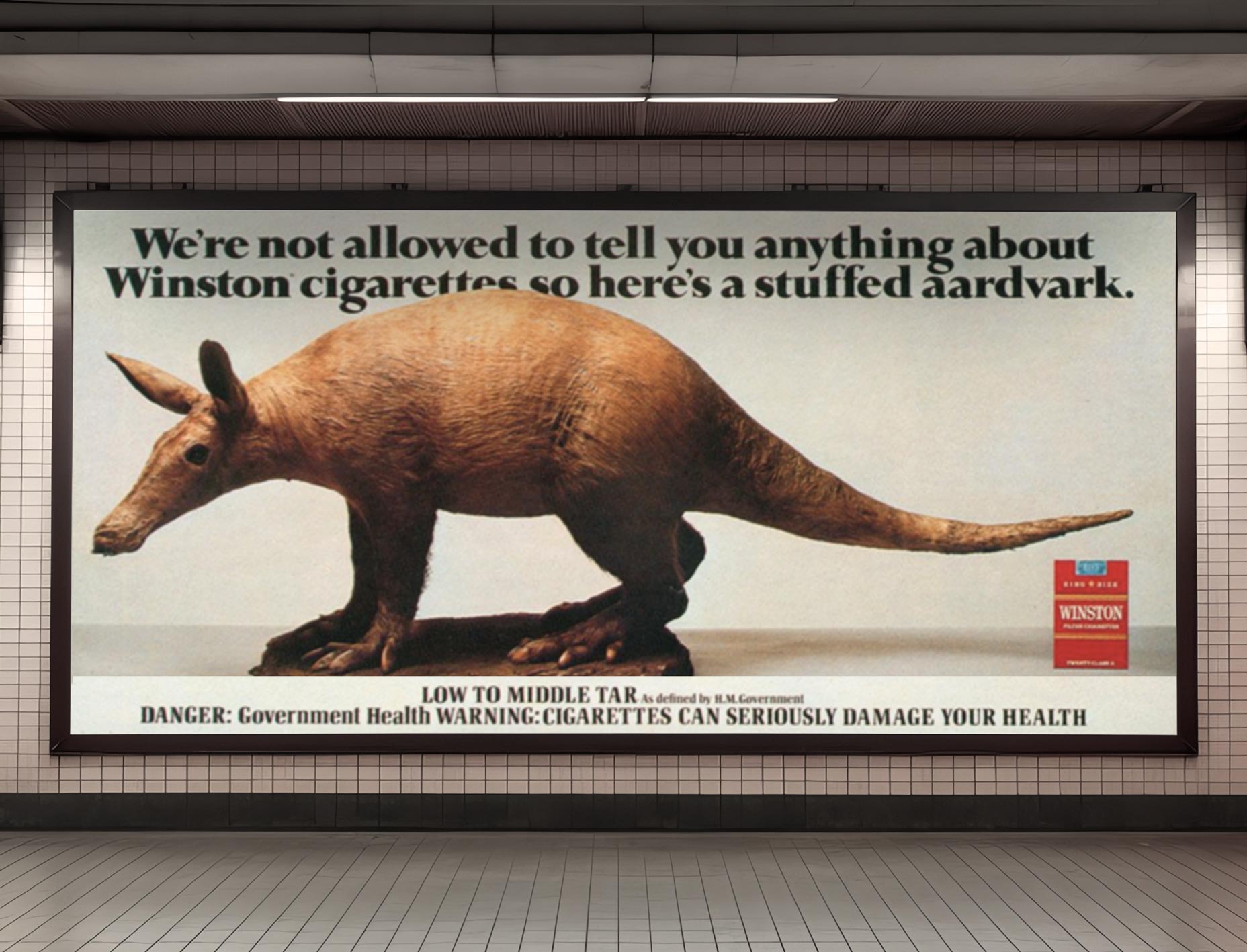
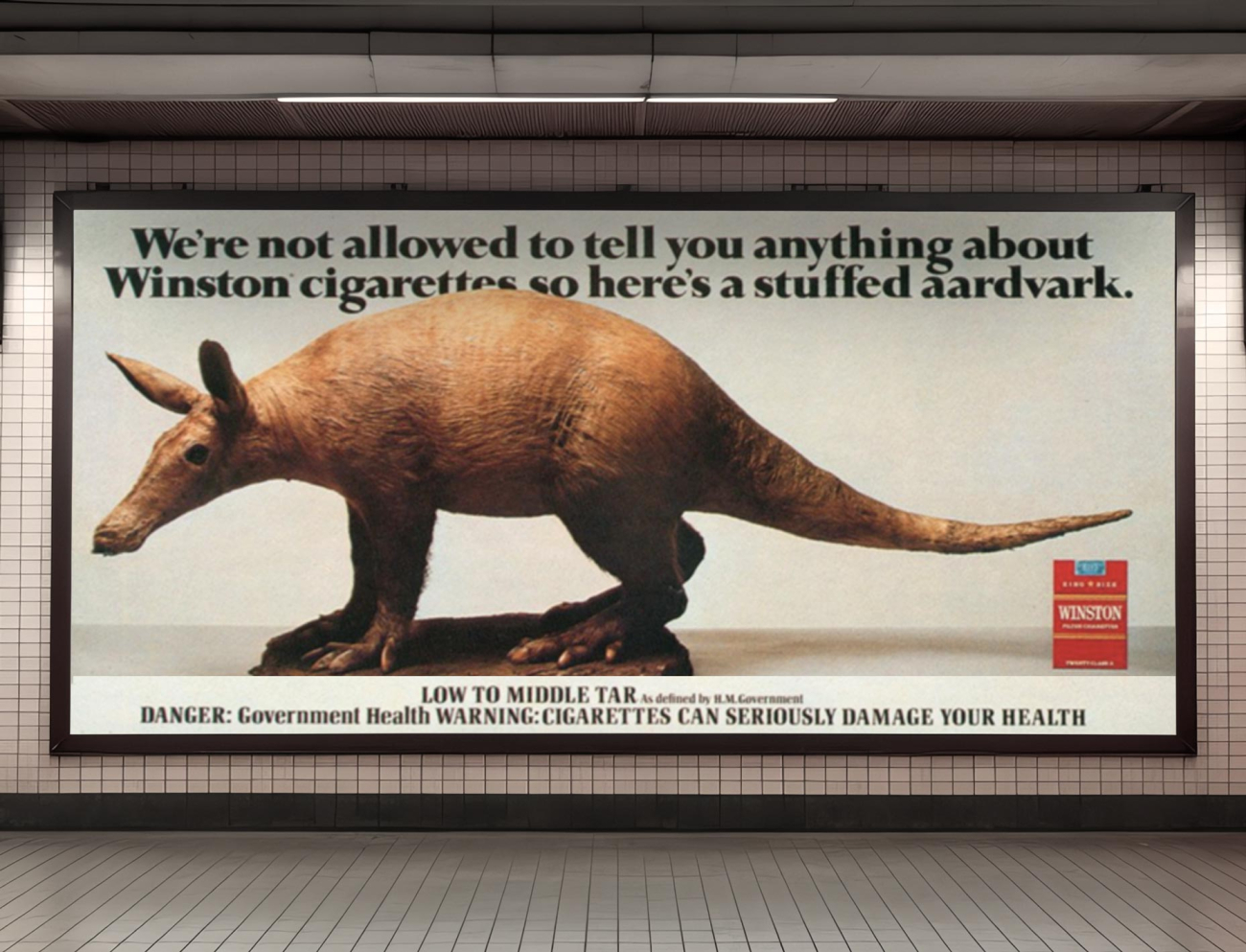
With my mind in shreds and my ethics in tatters I dithered my way through art college and somehow burbled my way into advertising.
Wearing pin-striped, high-rise trousers with wide braces over a tucked-in jumper and oversized army surplus trench coat, I would write wittily post-modern headlines for Winston cigarettes. Or pen sexist fantasies, complete with Aryan virgins on white horseback for Timotei shampoo (so mild you can wash your hair as often as you like). Or script 30-second propaganda films for Thatcher’s socially-divisive Right To Buy scheme.
I was a danger to health, humanity and the planet. Thankfully, I still have time to repair some of the damage. But it’s getting late for all of us:
– 60% of the natural world has already gone
– 10,000 people die a day through lack of access to affordable healthcare
– the five warmest years on record, dating back to 1880, have all happened since 2015
– the majority of children in Britain spend less time outside than prison inmates
– the world’s 22 richest men have more wealth than all the women in Africa combined
So, as a born-again Gen Z’er, I’m going devote the rest of this article to telling you about three astonishing clients I’ve had the privilege to work with recently through NB.
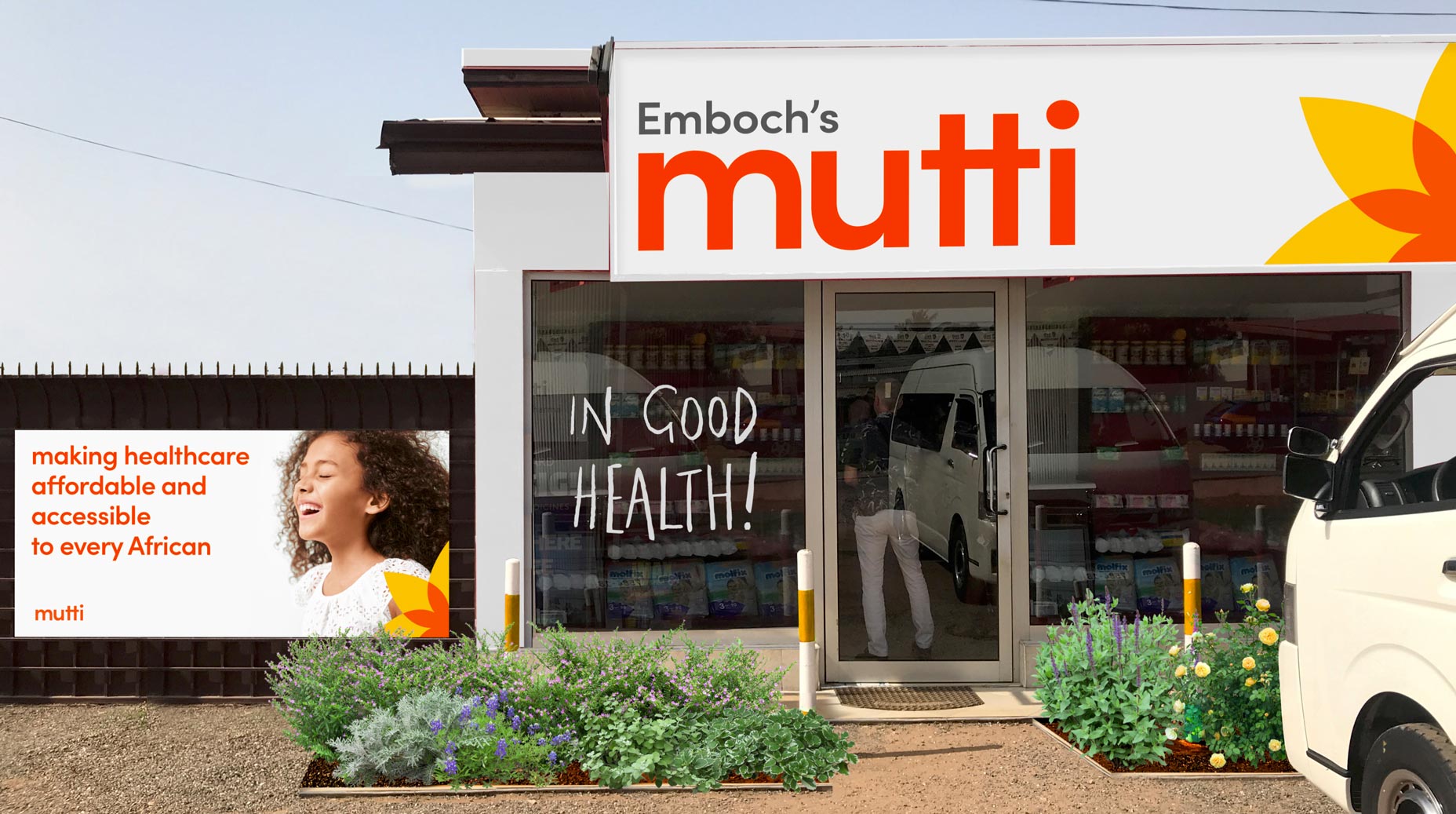
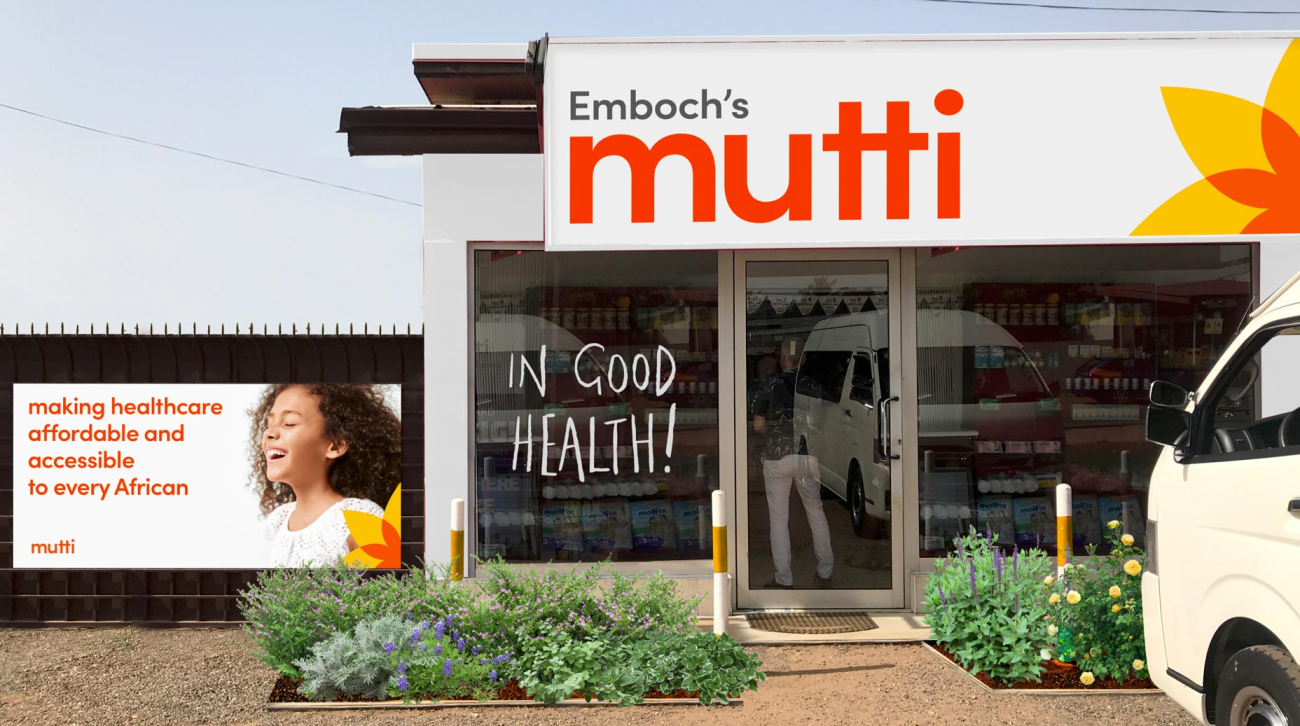
mPharma is an amazing social enterprise. Their big idea is to make healthcare affordable and accessible to every African. The supply chain for pharmaceuticals in Africa is broken – pharmacies struggle to keep life-sustaining medicines in stock, and patients are often forced to pay huge mark-ups for the drugs they need to say alive. As a result, ordinary people face impossible daily choices like, “Should I buy insulin for myself or food for my family?”
So, mPharma has introduced smart inventory management solutions for hospitals and pharmacies. They finance inventory upfront, then achieve lower prices by aggregating and predicting demand across their network of providers, passing on these benefits to patients. It’s disruption with a compassionate edge.
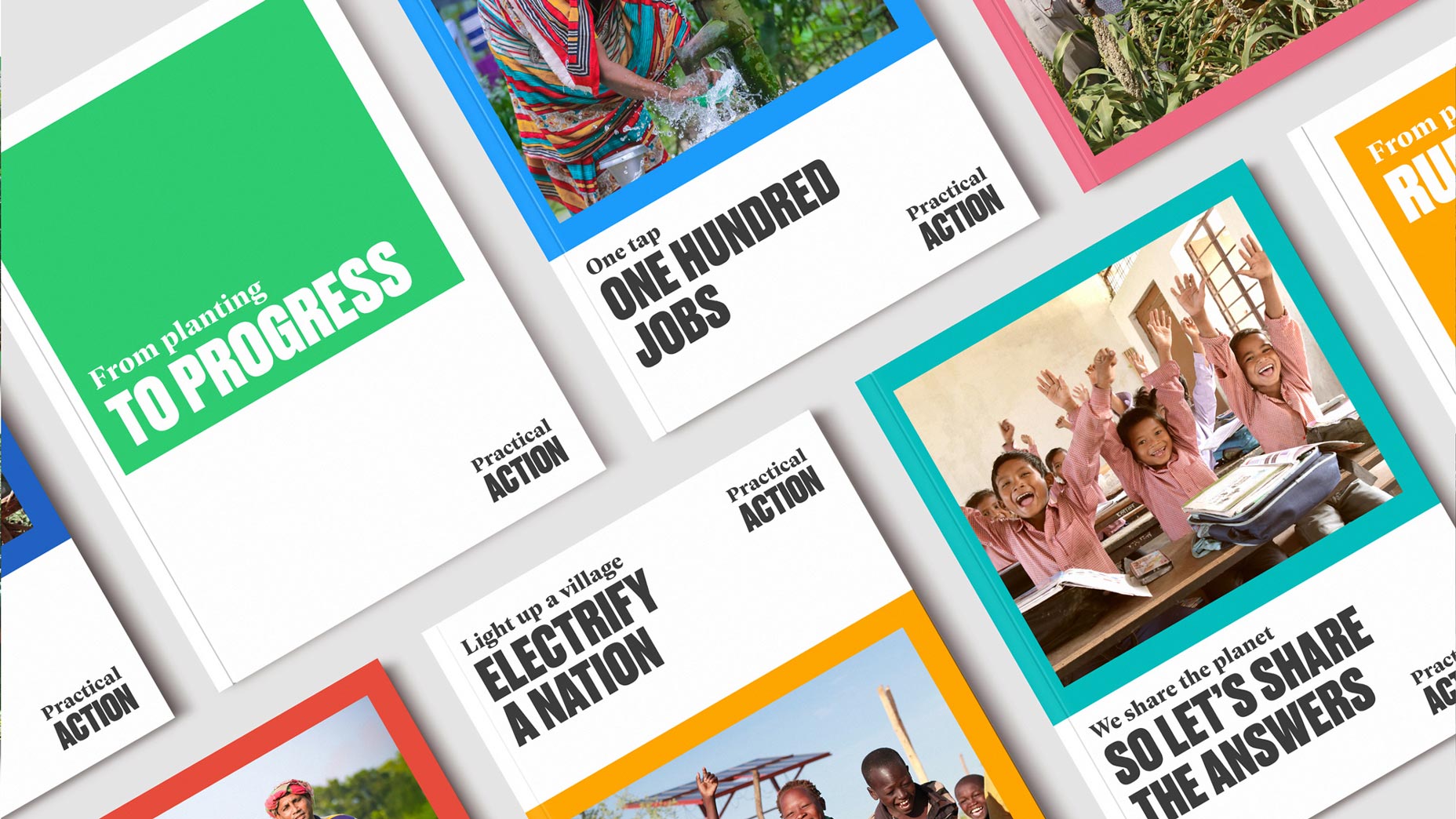
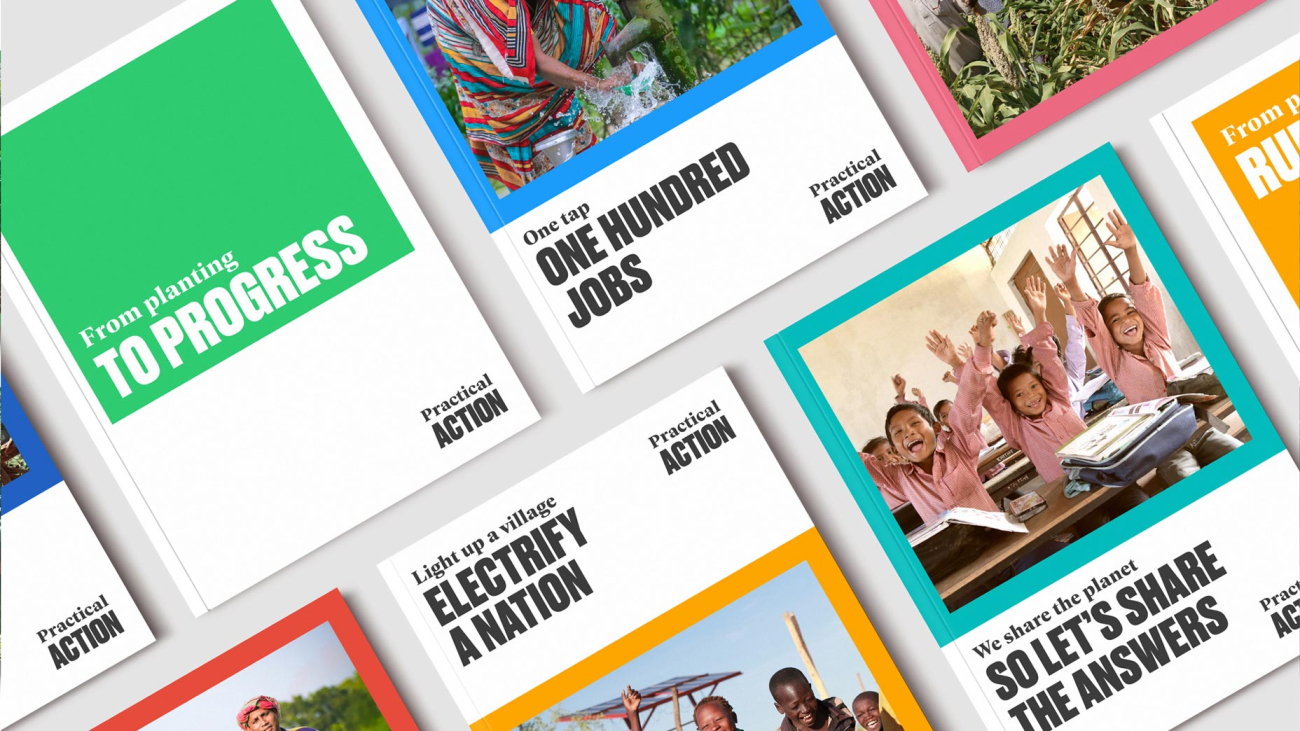
Practical Action is an incredible development organisation. They put ingenious ideas to work so people in poverty can change their world. Their founder, Fritz Schumacher, author of Small is Beautiful, championed a radical approach based on living within the means of the planet. And today, Practical Action is helping people beat the effects of climate change in places like North Darfur, one of the world’s most drought-prone areas, with ingenious ideas around infrastructure design, farming techniques and renewable energy. Practical Action’s work begins with people but has the power to change systems. They’re unconventional problem-solvers – exactly what the planet ordered.
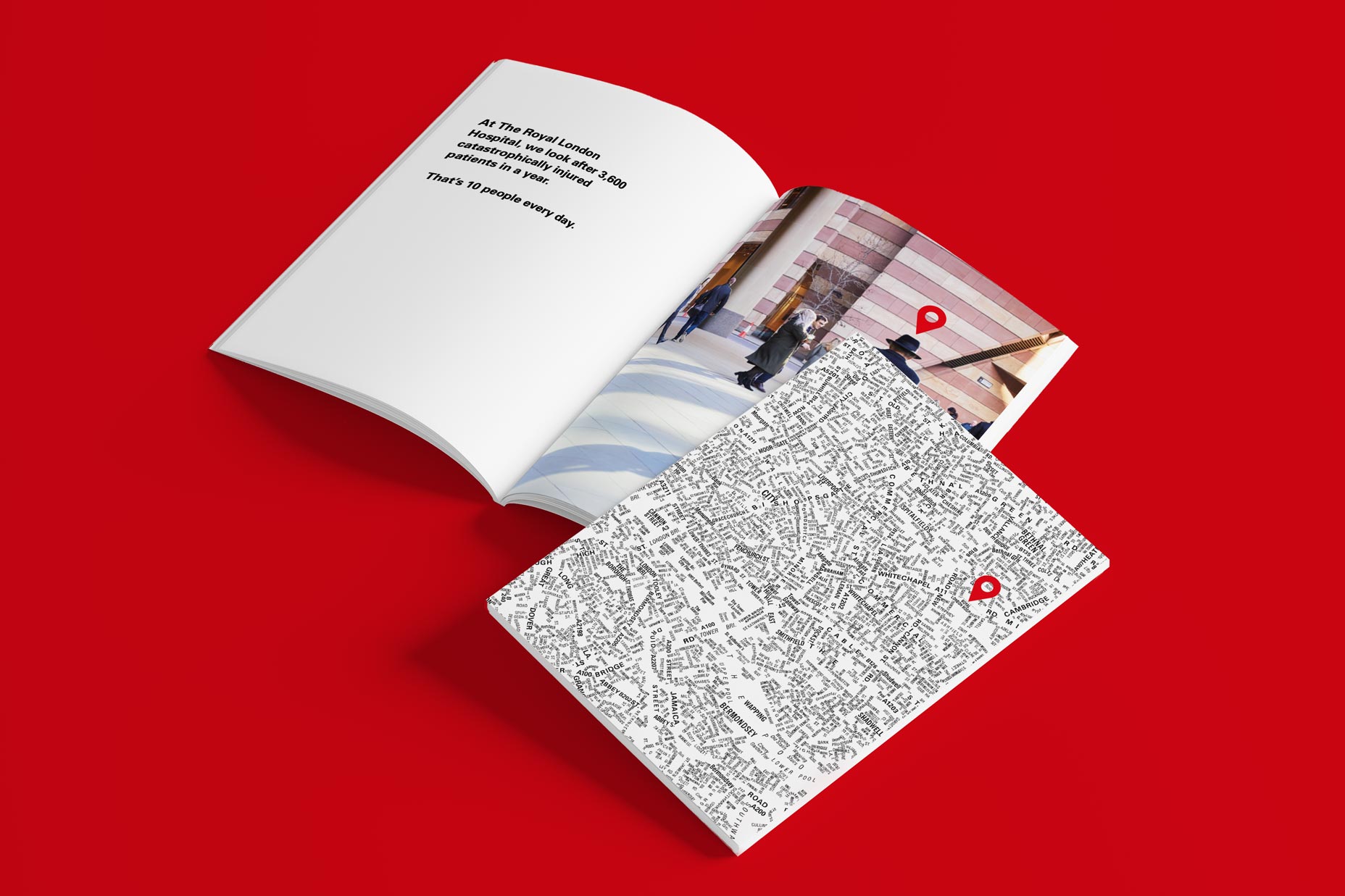
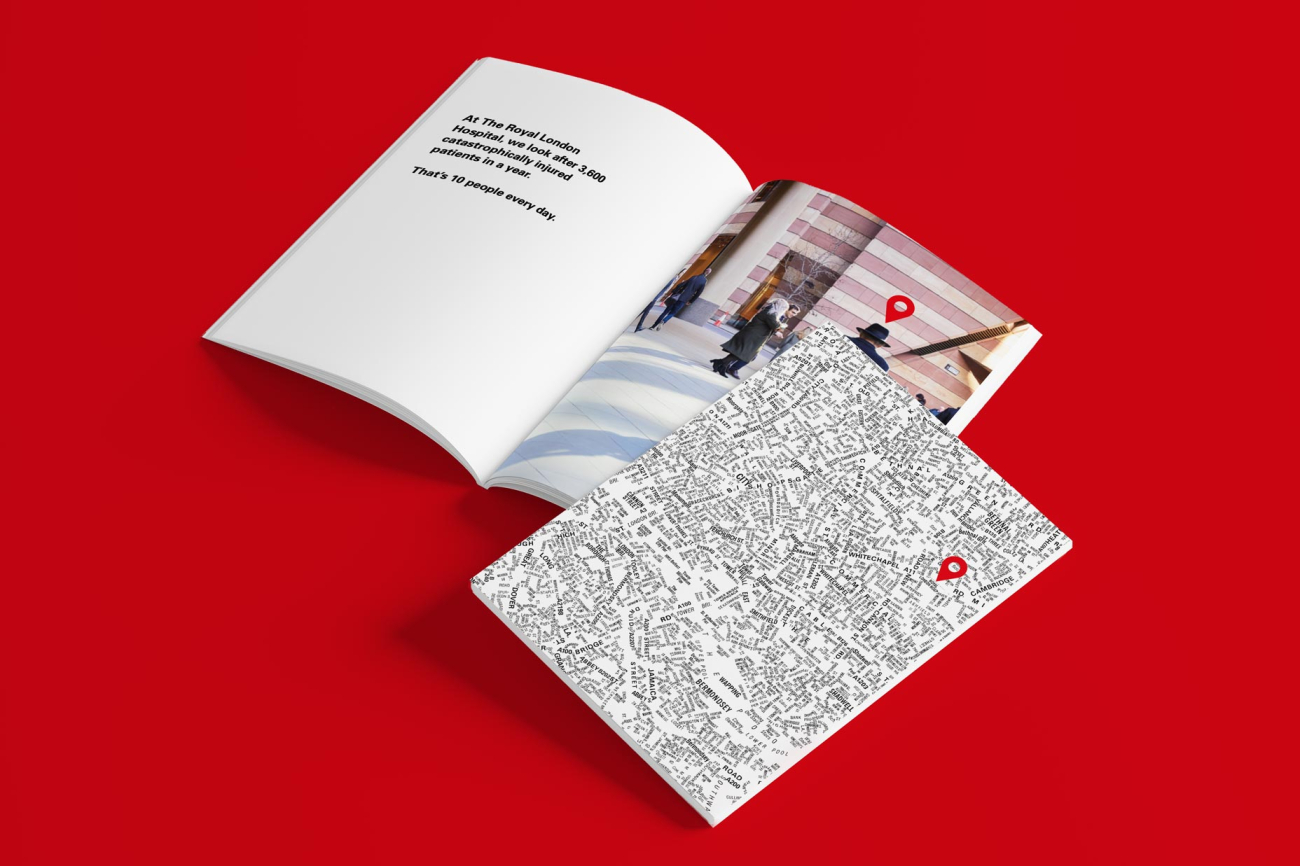
Barts Charity is an extraordinary funding body. Their latest initiative is to create the world’s first specialist major haemorrhage centre at The Royal London Hospital. Traumatic injury is the leading cause of death among children and younger adults. Yet, as an area of medicine it is overlooked and underfunded. The emergency team at the Royal London currently sees 3,800 patients a year who are catastrophically injured. They work tirelessly to save every life. Yet, still one in four don’t make it. This investment will reduce mortality rates by a further 60%, saving a thousand Londoners’ lives in the first three years. In a hazardous world, these people are investing in the precious seconds that make the difference between life and death.
The new, decisive Me 2.0 is excited to help organisations like these bring value to their people, their audiences and to the planet we share. I say ‘value’ rather than ‘growth’ because all of us in the communications industry have a dilemma to confront. Our daily work is fuelling consumption – the very thing that, if left unchecked, will destroy us. Our clients’ growth objectives are often fundamentally at odds with climate objectives or equal opportunities or human health. How do we transition to a thriving, sustainable world when the prevailing model is growth, growth, growth? This is certain to be an ethically testing time for each of us.
It was acceptable in the eighties to pay little consequence to your actions, perpetuate every inequality in society and wear clothes that were far too hot for indoors. With respect to those born after 1996, I’ll try not to let it happen again.


